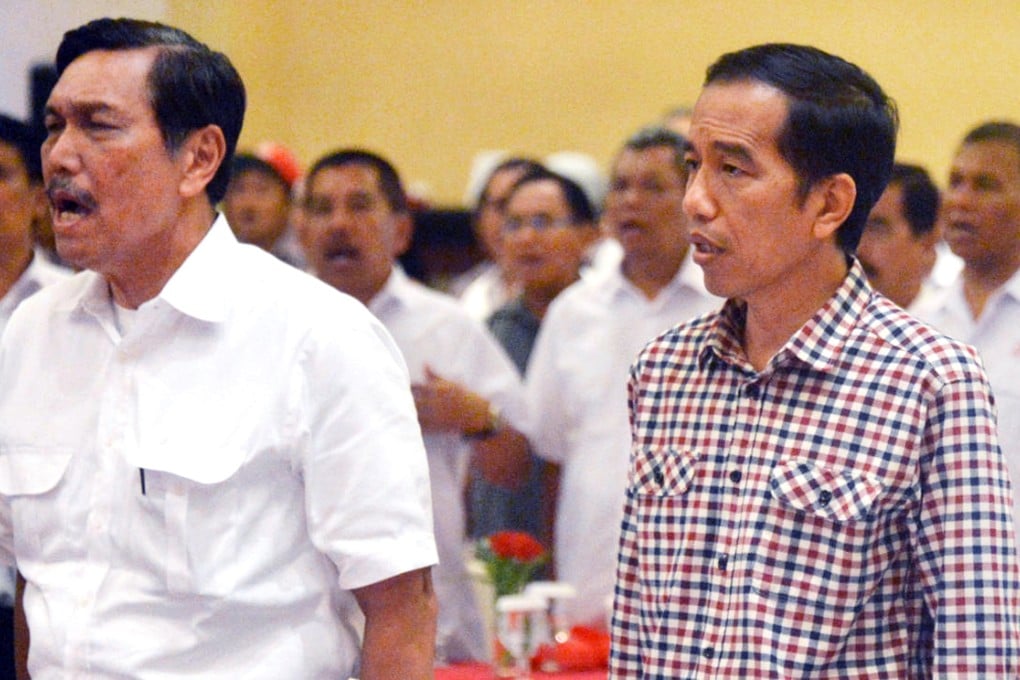Appointment of former general as chief of staff shows Indonesia president's need for an enforcer
The appointment of a retired four-star general as Indonesian President Joko Widodo's chief of staff highlights his need for an "enforcer" to navigate his priorities through an opposition-controlled parliament.

The appointment of a retired four-star general as Indonesian President Joko Widodo's chief of staff highlights his need for an "enforcer" to navigate his priorities through an opposition-controlled parliament.
Luhut Binsar Panjaitan, 67, is a former commander of the country's elite special forces unit Kopassus, a former ambassador to Singapore and former trade and industry minister. He was appointed to his new role on December 31.
In a country where the military still wields much influence and remains one of the most cohesive institutions in the reform era, Luhut is expected to provide strong backing and experience to Widodo's economic, political and social reforms.
"Luhut has always been a strong supporter of President Jokowi and Jokowi's victory in the last election was very much assisted by the strong volunteer support created by Luhut," said retired three-star General Agus Widjoyo, who is also the former deputy speaker of Indonesia's upper house, the People's Consultative Assembly.
A military observer said Widodo, also known as Jokowi, needed to consolidate power and Luhut was someone who could watch his back.
"Jokowi needs to stay ahead of the issues and not act after an event. He needs an enforcer, and Luhut has a reputation for being smart and ruthless," said the military observer, who requested anonymity.